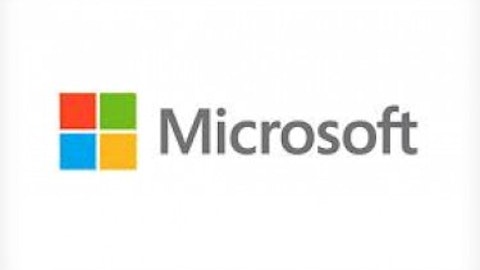Last week, BlackBerry Ltd (NASDAQ:BBRY)‘s Board of Directors announced that the company formed a Special Committee to investigate strategic alternatives to “enhance value and increase scale in order to accelerate BB10 deployment.” Some alternatives include partnerships, joint ventures and a sale of the company.
BlackBerry Ltd (NASDAQ:BBRY)’s decision comes after disappointing second quarter sales of its BlackBerry 10 devices. The company failed to fuel its subscriber base, market share and sales against Apple’s iPhone and Android-based smartphones. BlackBerry Ltd (NASDAQ:BBRY) shipped 6.8 million smartphones, where only 2.7 million represented BB10 smartphones—shy of the 3.5 million some analysts projected.
BlackBerry Ltd (NASDAQ:BBRY) fell behind Microsoft’s Windows Phone for the first time in the same quarter, becoming the No. 3 global smartphone operating system. BlackBerry 10 OS dropped to fourth and accounted for 2.9% of the worldwide market. Microsoft holds 3.3% share. Google and Apple recorded 79% and 14.2% share, respectively. Last year, BlackBerry controlled 4.9% of the market with 7.7 million smartphones sold.
In January, Lenovo showed interest in BlackBerry Ltd (NASDAQ:BBRY) to boost its mobile business, but nothing materialized. With the latest BlackBerry Ltd (NASDAQ:BBRY) takeover news, some analysts have linked Lenovo to the struggling smartphone company again. Lenovo acquiring BlackBerry is doubtful due to Canadian and U.S regulations. Lenovo would need the authorization from regulators because the transaction exceeds US $344 million.
Security also poses a huge threat to a buyout deal from Lenovo, especially after the 2012 dispute between U.S Congress and Beijing-based Huawei. Congress suspended the smartphone maker after allegations that the Chinese used Huawei’s technologies for espionage purposes. With tighter security measures, Lenovo purchasing BlackBerry Ltd (NASDAQ:BBRY) may be out of the question.
Bottom Line
Lenovo has delivered record revenues, profits, global PC and smartphone market share this year. Solid execution of its aggressive pricing and innovation has helped boost brand awareness and overall growth across mature and developing markets. Lenovo wants to strengthen its sales channels by attacking new markets outside of China through acquisitions. Markets such as the United States and India hold high growth potential for the company’s smartphone and tablet business.
In May, Lenovo opened its first U.S manufacturing facility in North Carolina to bolster its in-house manufacturing capabilities. Lenovo sees an opportunity for long-term growth in the U.S. market and plans to start selling smartphones in the U.S within a year. The company faces stiff competition from Apple and Samsung, but its innovative product portfolio has wooed consumers to the brand.
Mr. Yang said the company aims to sell 50 million smartphones and 10 million tablets this year. He promises the company will launch a series of newly designed tablets and thinner smartphones for the holiday season. Lenovo offers investors an attractive buying opportunity before year-end that may yield high profitable returns in the long-term.
The article Can Lenovo Beat Samsung and Attain Market Dominance? originally appeared on Fool.com and is written by Christopher DeSousa.
Christopher DeSousa has no position in any stocks mentioned. The Motley Fool has no position in any of the stocks mentioned.
Copyright © 1995 – 2013 The Motley Fool, LLC. All rights reserved. The Motley Fool has a disclosure policy.



